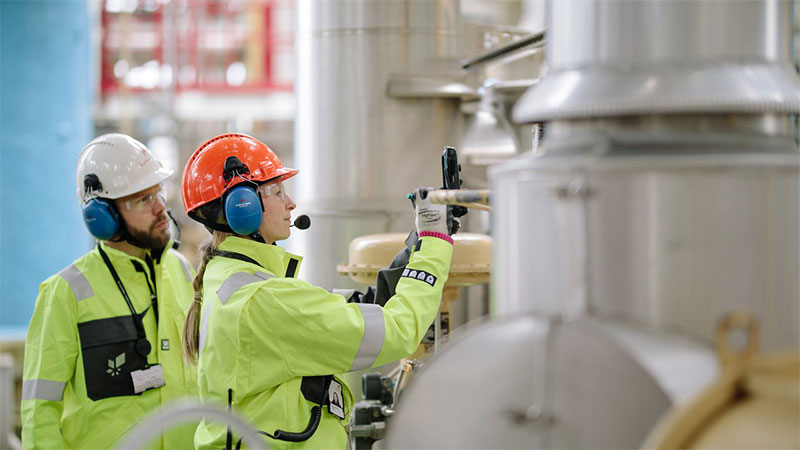In February, energy groups ENGIE and Equinor announced an MoU to develop low-carbon hydrogen projects together. Now the two companies have moved forward and announced the H2BE project which aims to develop the production of low-carbon hydrogen from natural gas in Belgium. The Belgian federal government released its Hydrogen Strategy on 29 October and the H2BE project will help Belgium deliver on the strategy. The H2BE project aims at producing hydrogen from natural gas using auto thermal reforming (ATR) technology combined with carbon capture and storage (CCS).
The ATR technology allows for decarbonization rates above 95% and for producing hydrogen at a large (GW) scale at competitive cost levels. The captured CO2 is planned to be transported in liquid form and to be permanently and safely stored at a site in the sub-surface of the Norwegian North Sea.
The H2BE project fits well the Belgian and Flemish hydrogen strategies. Focused on renewable hydrogen, these also emphasize the key role of low-carbon hydrogen to reach decarbonization targets and to swiftly ramp up a clean hydrogen market and infrastructure in the coming years.
ENGIE and Equinor have now launched a feasibility study to assess the technical and economic suitability of a site in the Ghent area. Commercial talks with potential hydrogen off-takers, predominantly large, hard-to-abate industries, continue simultaneously.
Moreover, discussions are ongoing with North Sea Port on integration with port infrastructure. The H2BE project fits within “Connect 2025”, the recently published strategic plan of North Sea Port, by accelerating the transition towards carbon neutrality and the development of the required hydrogen and CO2 infrastructure.
Having the necessary hydrogen and CO2 infrastructure in place is crucial element for the success of the project. Therefore ENGIE & Equinor joined forces with Fluxys, the independent gas transmission system operator in Belgium.


